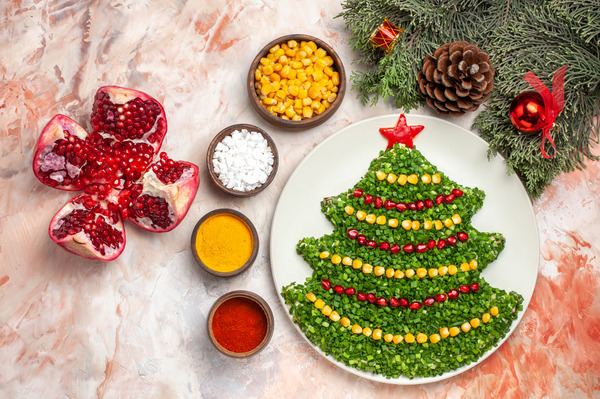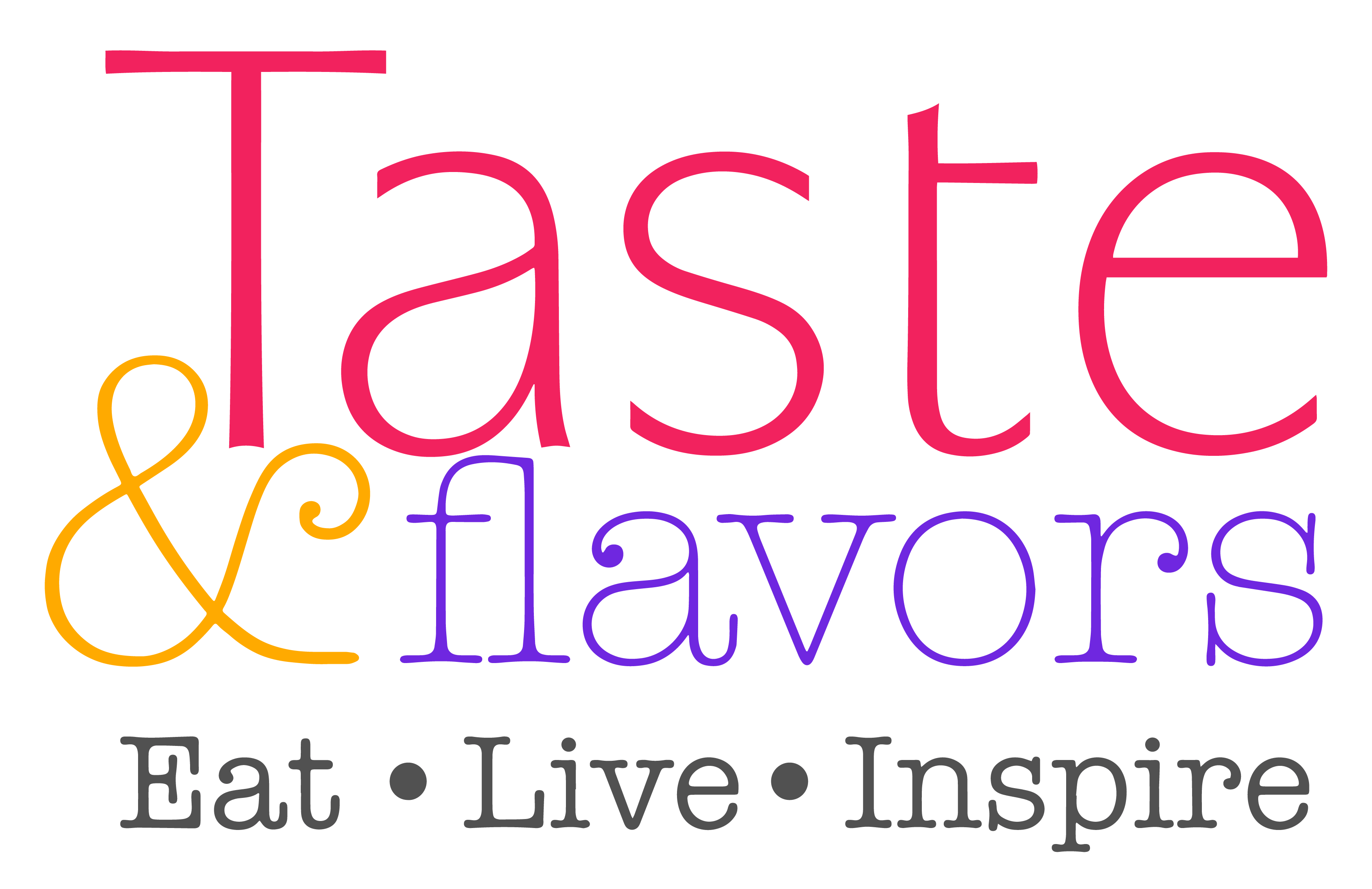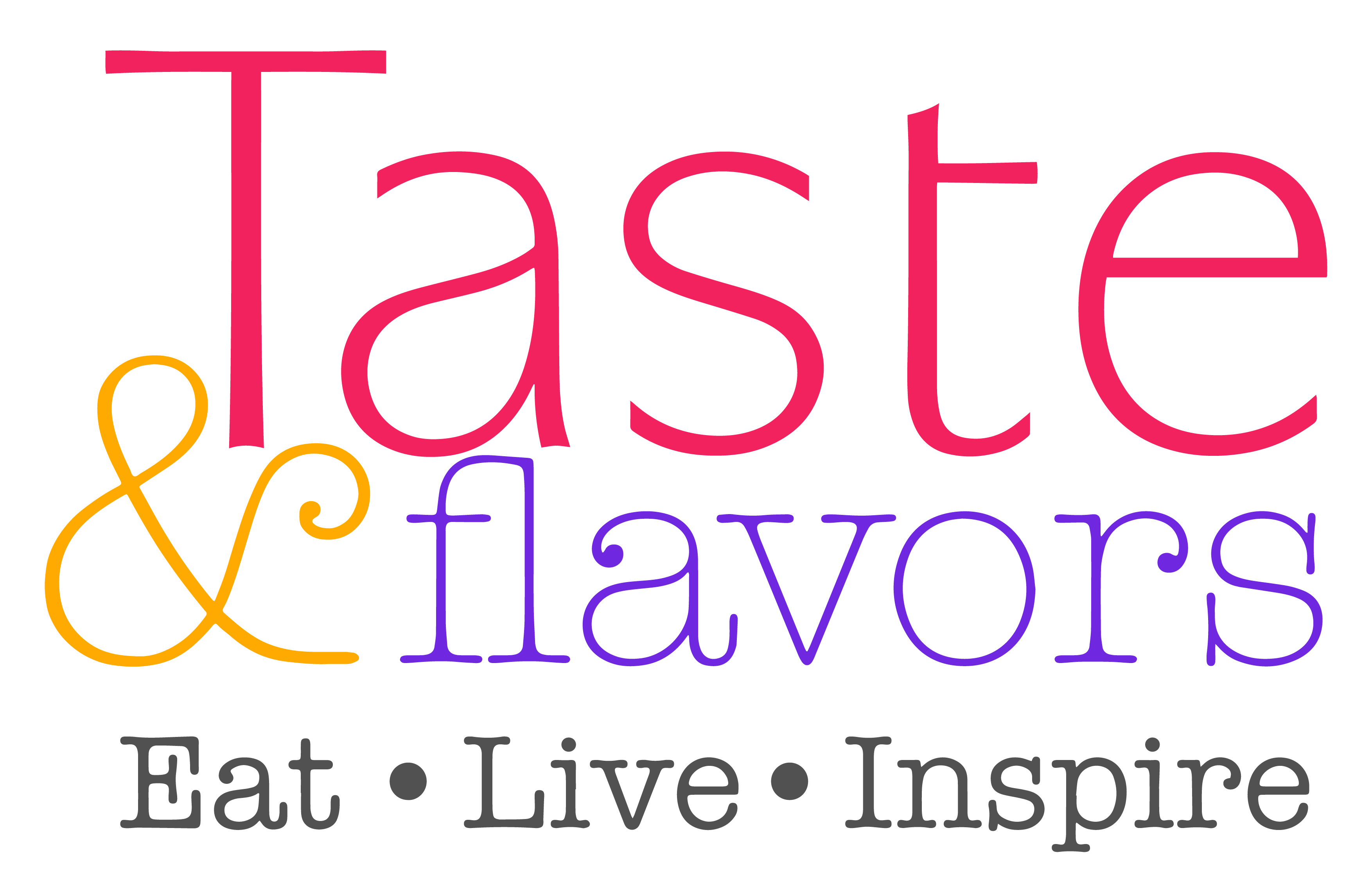4 COMMON HOLIDAY NUTRITION MYTHS AND WHY THEY’RE NOT TRUE
BY CHRISTINA HABCHI

The holiday season brings joy, festivities, and plenty of tempting treats—but it also comes with a whirlwind of nutrition myths that can make you second-guess your choices. Christina Habchi, dietitian and owner of Hello Healthy Clinic is here to set the record straight.
Myth 1: Skipping meals to save calories is a bad strategy
Intermittent fasting or opting for a lighter meal can actually give your digestive system a break, boost energy levels, and help you manage your intake more effectively. If you plan to indulge in a larger meal later, skipping a meal or having something light beforehand allows you to enjoy your feast without overdoing it. The key is to be mindful of your portion sizes.
Myth 2: The holiday season is an “All or Nothing” time
One of the most common mistakes during the holidays is adopting an all-or-nothing mindset. Indulging in a meal or treat doesn’t mean you’ve derailed your health goals—it’s the prolonged overindulgence that can lead to weight gain. One indulgent meal won’t make you gain weight or ruin your diet. Food is a big part of holiday celebrations, and it’s important to enjoy it. However, the more you let indulgence continue unchecked, the harder it becomes to get back on track.
Myth 3: Alcohol is the problem
While alcohol contributes to your calorie intake, it’s not usually the alcohol itself that’s the main culprit—it’s often the cocktails and appetizers that pack on the calories. For example, cocktails can pack 250–300+ calories due to sugary mixers, while a glass of wine has around 120–130 calories. However, the real calorie overload often comes from high-calorie snacks like chips, nuts, or appetizers, which can contain more calories than the alcohol. To manage your intake, opt for simpler drinks like wine or spirits with soda water and choose lighter appetizers, such as vegetable-based options like edamame or carrot sticks with lemon.
Myth 4: Saying no to food means you’re restricting yourself
Diet culture often associates saying “no” to food with deprivation, but in reality, it’s about exercising control. Long-term health is shaped by how you eat when you’re not on a diet—the choices you make day-to-day. It’s perfectly fine to enjoy holiday treats, but it’s also okay to decline certain foods. Saying no isn’t about restriction; it’s about prioritizing your well-being and being in control. Ultimately, discipline is what helps maintain a healthy weight, not giving in to every temptation.





